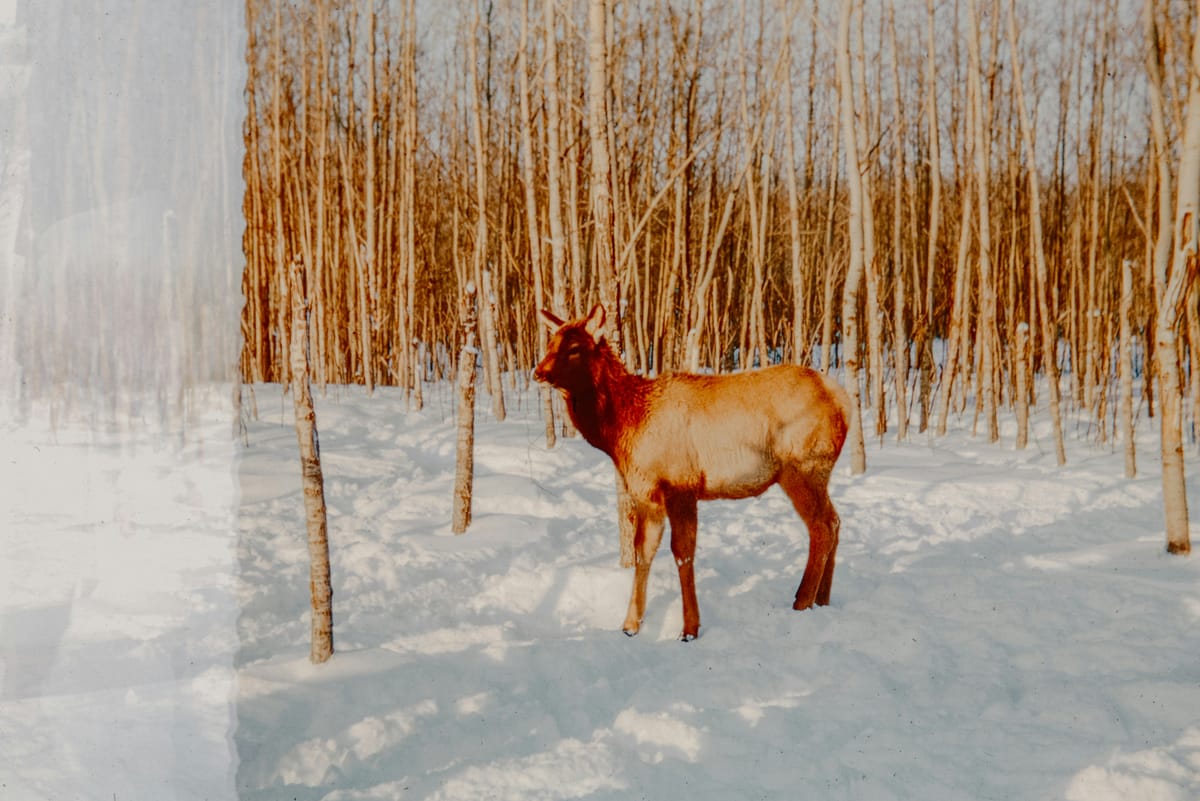Court Backs Emergency Subsistence Hunt for Alaska Tribe

ANCHORAGE — A federal appeals court has ruled that the board responsible for managing subsistence hunting on federal lands in Alaska acted legally when it authorized an emergency hunt for the remote village of Kake during the COVID-19 pandemic.
The 9th U.S. Circuit Court of Appeals issued the decision Monday, affirming that the Federal Subsistence Board had the authority to open a temporary hunt in 2020 that allowed residents of Kake to harvest two moose and five deer. The court found that the emergency posed by the pandemic had disrupted the village’s food supply, justifying the board’s action.
Legal Challenge from State of Alaska
The emergency hunt was challenged by the state of Alaska, which argued the board overstepped its legal authority by not only authorizing the hunt, but also by delegating its administration to the tribe in Kake.
The state’s lawsuit, originally dismissed by U.S. District Court Judge Sharon Gleason as moot, was revived by the 9th Circuit, leading to a mixed ruling from Gleason. That decision was then appealed, resulting in the panel’s final ruling that sided fully with the board.
Judges Carlos Bea, Lucy Koh, and Jennifer Sung concluded that the 1980 Alaska National Interest Lands Conservation Act (ANILCA) grants federal officials the power to ensure access to subsistence resources on public lands—not just the land itself.
“Congress intended that the Secretary ensure that rural residents of Alaska have the reasonable opportunity to reach and use subsistence resources that can be found on federal land in Alaska,” wrote Bea on behalf of the panel.
The ruling makes clear that the board may authorize hunts under emergency conditions, not merely restrict them, as the state had claimed.
State Disagrees with Ruling
Doug Vincent-Lang, commissioner of the Alaska Department of Fish and Game, voiced strong opposition to the decision.
“We are disappointed and disagree with this decision,” Vincent-Lang said in a written statement. “It is both bewildering and perplexing that the court could rule against the plain language of the Alaska National Interest Claims Act, especially in light of the U.S. Supreme Court’s ruling on Chevron deference.”
He added that the department is reviewing potential next steps.
Support from Tribal Representatives
Attorneys representing the Organized Village of Kake, which joined the case in support of the board, welcomed the ruling.
“Today’s decision from the 9th Circuit is a significant victory for the Organized Village of Kake and Alaska Native subsistence rights,” they wrote in a statement. “The 9th Circuit rejected the State of Alaska’s shameful, politically-motivated attempt to gut ANILCA’s subsistence provisions.”
The court’s decision may be appealed further, either to the full 9th Circuit or the U.S. Supreme Court. For now, however, it marks a key moment in the ongoing debate over access to traditional food sources in rural Alaska.
